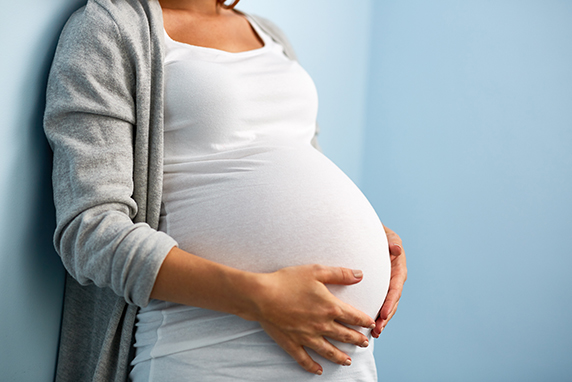
Free Case Evaluation
Untreated Pre-Eclampsia Can Harm Both Mother And Baby
One complication for expecting mothers is pre-eclampsia, a birth condition with the symptoms of high blood pressure. Treated improperly, it can cause life-altering catastrophic harm to both the mother and baby — even death. Pre-eclampsia should be identified and treated as soon as possible. Preventative measures can then be put in place to protect the child during delivery.
The respected lawyers at Crandall & Pera Law hold medical providers accountable for failure to diagnose or treat pre-eclampsia. Schedule a consultation to discuss your concerns by calling by calling today.

Free Case Evaluation
The Danger Of Pre-Eclampsia
Pre-eclampsia usually occurs 20 weeks after a woman becomes pregnant. It can even happen after the child is delivered. Risks of pre-eclampsia include:
- Progression into eclampsia, which means the mother will have seizures.
- Heart disease.
- Placental abruption, a tearing away of the placenta from the uterus. This can cause bleeding in the mother and threaten the life of the mother and the child.
- Lack of blood flow to the mother's placenta. Poor blood flow can cause a premature birth. This complication can also mean the baby does not get essential nutrients. A lack of nutrients can affect the child's growth and ability to learn.
- Premature and complicated delivery because of pre-eclampsia can cause the child to suffer hypoxic ischemic encephalopathy (HIE), cerebral palsy and other lifelong birth injuries.
Some of the known risk factors for pre-eclampsia are obesity, diabetes, being older than 40, a first pregnancy, a history of blood pressure or kidney problems, and African or Native American descent. Mothers carrying multiple children are also susceptible to pre-eclampsia.

The Medical Standard Of Care For Treating Pre-Eclampsia
At Crandall & Pera Law, we work with medical professionals who know what medical tests birth doctors, obstetricians, OB/GYNs, nurses and other medical providers should perform and what remedies they should use if they suspect a mother has pre-eclampsia.
Because pre-eclampsia is a well-known complication in pregnancies, doctors have a duty to anticipate that a mother may have pre-eclampsia and perform the proper diagnostic tests. Well-known signs of pre-eclampsia, in addition to high blood pressure and excess protein in the urine, include swelling of the face or hands, unusual weight gain, which can signal excess fluid, and abdominal pain.
Our team will review medical and treatment histories, as well as test results that include multiple blood pressure readings and checking the urine for excess protein. Liver and kidney blood tests, fetal ultrasounds and vital tests on the baby also provide valuable information is discerning whether medical malpractice occurred.
Medical Treatment For Pre-Eclampsia
Treatment for pre-eclampsia normally depends on when it is discovered. If the mother is near her delivery date, then delivery will likely be induced or a cesarean section may be used.
If pre-eclampsia is discovered earlier in the pregnancy, then the mother will be advised to:
- Rest in bed and lie on her left side so the weight is not on the baby
- Get more checkups than normal to monitor her progress
- Eat less salt
- Drink eight glasses of water or more
- Make changes to her diet so that it includes more protein
Blood pressure medication may also be an option.
The delivery of a child of a mother who has pre-eclampsia or eclampsia is very dangerous. The doctors and medical staff should take all medically reasonable precautions.
When A Mother Or Child Suffers From Pre-Eclampsia Birth Injuries
You need to know that compensation may be available to cover medical care and loss of a normal life. Failure to treat well-known complications is inexcusable. Crandall & Pera Law medical malpractice attorneys fight to get you every dollar.
Contact our offices by sending an email. Our firm has offices in Cleveland, Cincinnati, Lexington to serve clients across Ohio and Kentucky.
